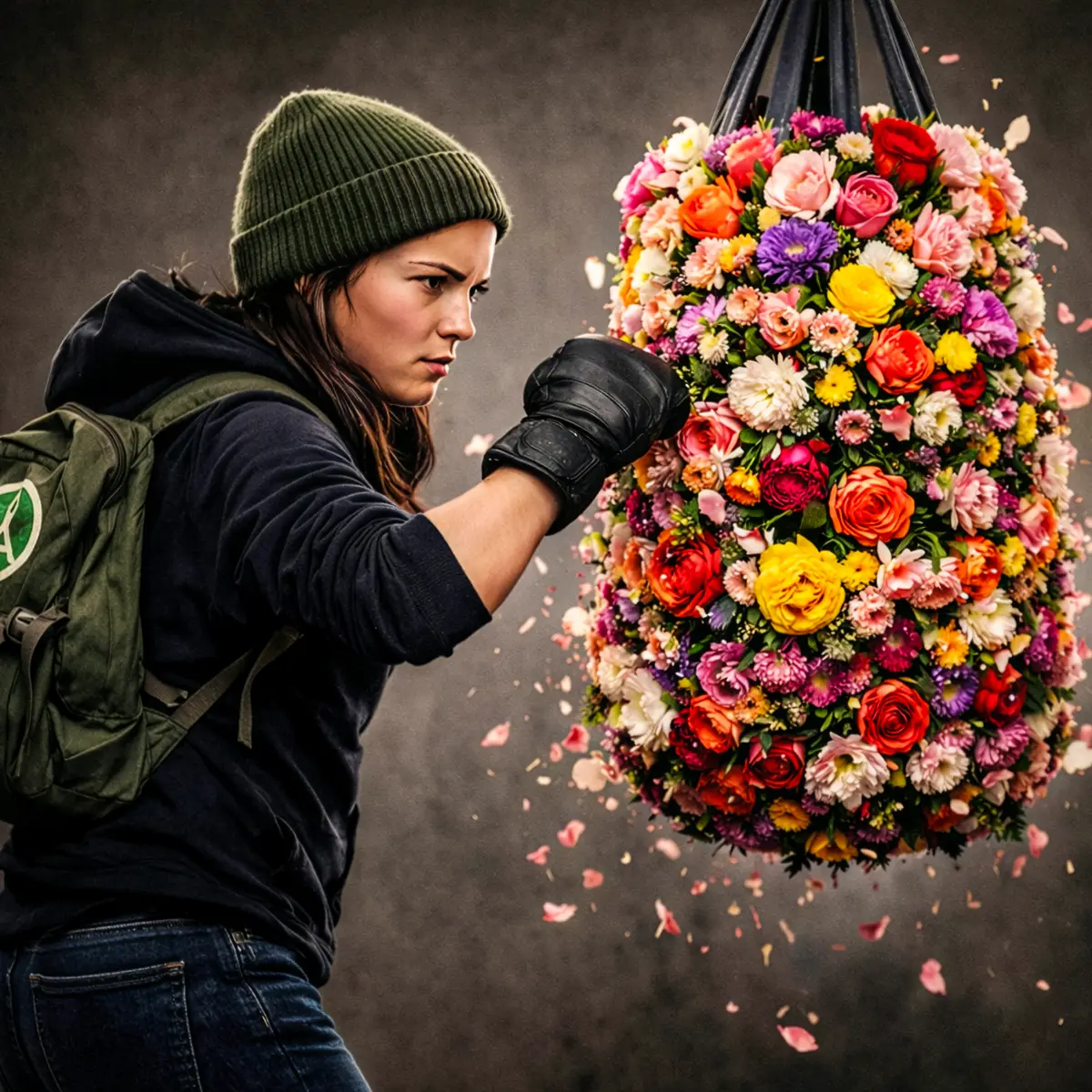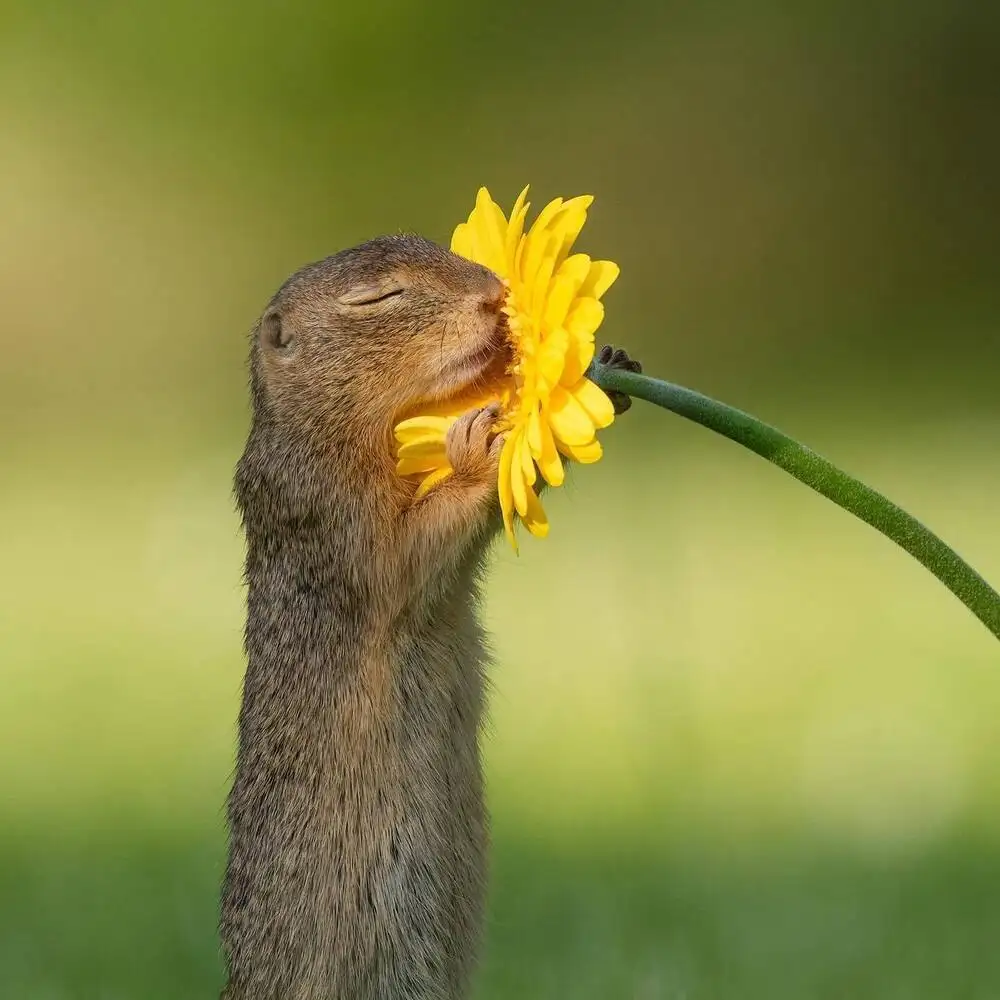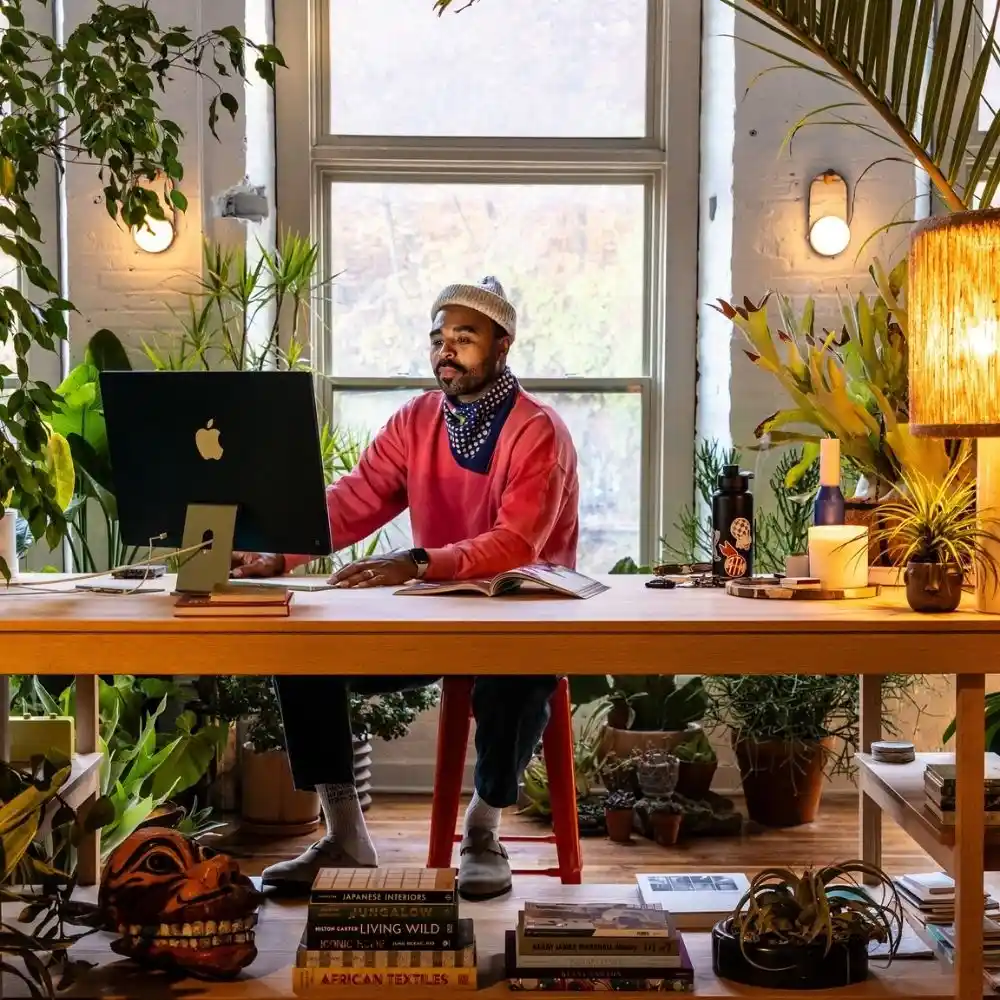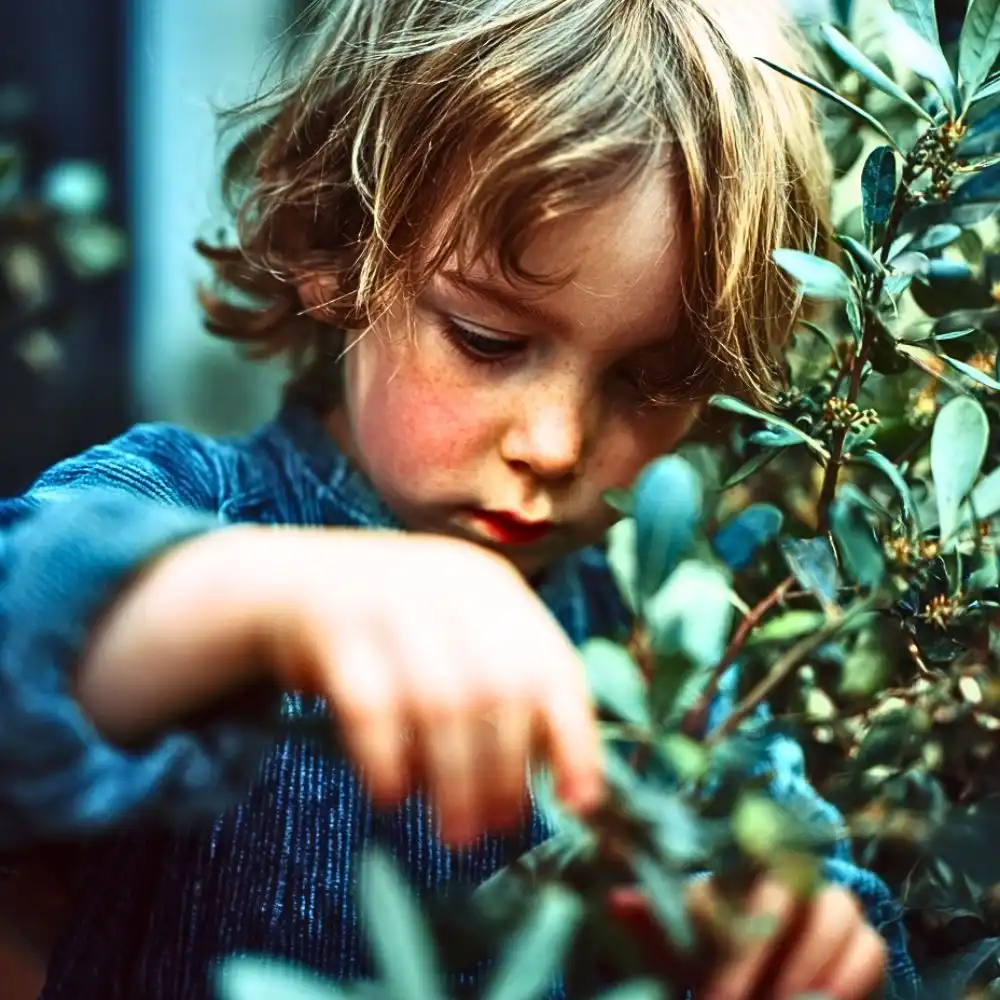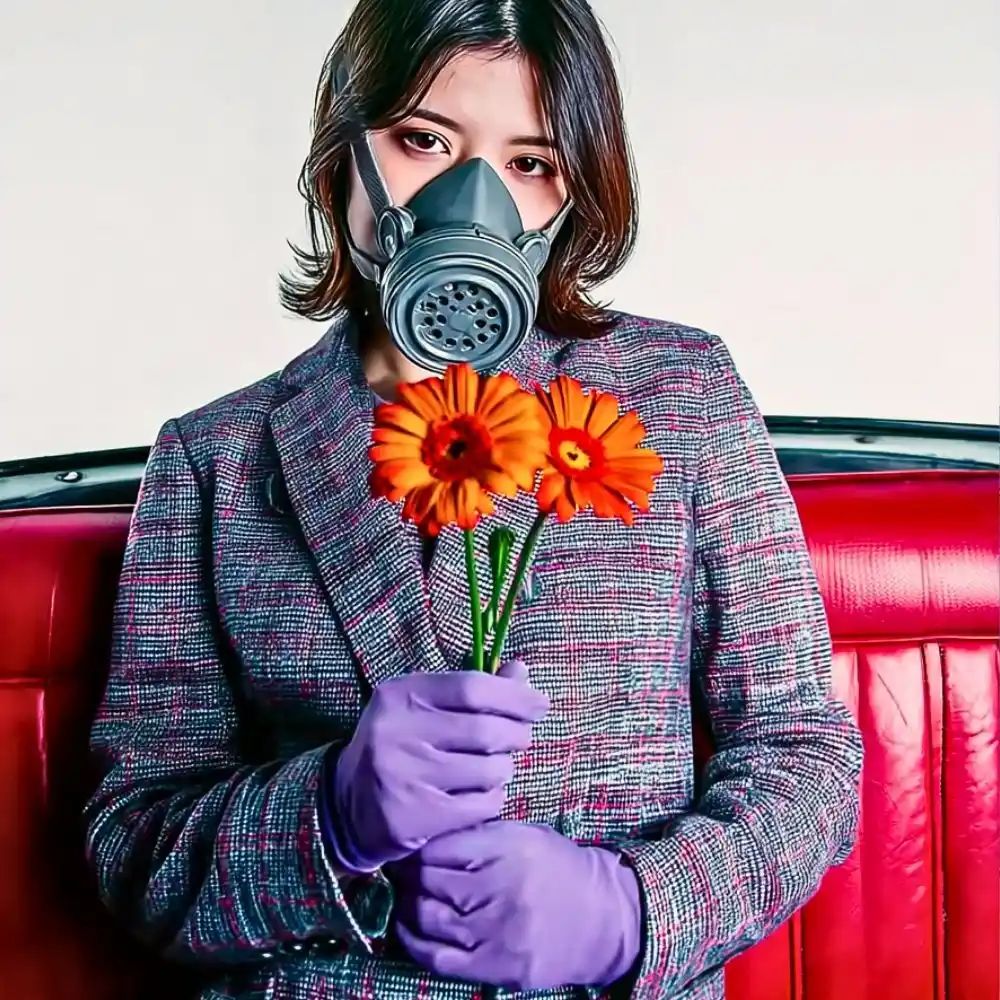As we navigate the challenges of climate change in the flower and ornamental industry, it is essential to break free from the constraints of the carbon tunnel vision. While carbon emissions are a concern, our focus should extend beyond this singular aspect. The broader picture encompasses a range of interconnected issues that demand attention and better communication because otherwise, the perception of our beloved industry will become very negative.
It's time to embrace a sustainable transition that considers not only carbon but also the many other pressing matters that shape our industry. It's time to shift the narrative from negative to positive.
Understanding the Limitations of Carbon-Centric Thinking
The carbon tunnel vision narrows our collective view of climate change, limiting our understanding of the risks and opportunities that lie ahead. By overly fixating on carbon emissions, we not only talk very negatively about our industry as polluters, but we also risk neglecting the complexity and interconnectedness of other critical issues.
Ecotoxicity, biodiversity loss, poverty, eutrophication, water crisis, health, education, resource scarcity, inequality, overconsumption, affordability of goods and services, and air pollutants are all part of the sustainability equation. Ignoring these concerns hampers our ability to achieve a truly resilient and equitable future.
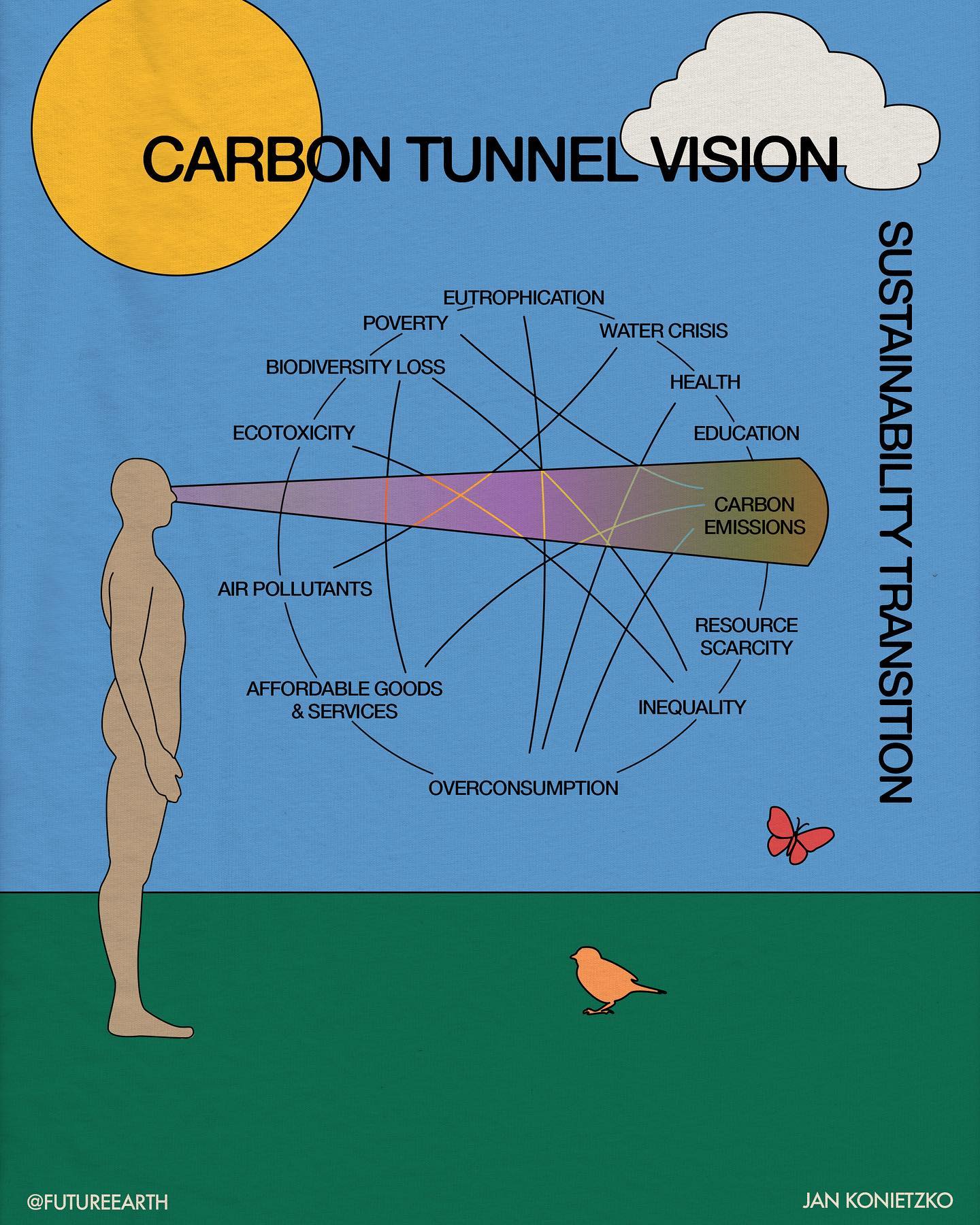
To foster meaningful change, we must acknowledge the interdependencies and multifaceted nature of sustainability challenges. By broadening our perspective in the industry, we can address the diverse range of issues that impact both our planet and our well-being. And, most importantly, finding a positive way of communicating this.
Recognizing the Role of the Flower and Ornamental Industry
Within the flower and ornamental industry, there has been considerable focus on addressing carbon emissions and promoting eco-friendly practices. While these efforts are commendable, it is crucial to ensure that other sustainability factors receive equal attention. The industry has a unique opportunity to lead by example and champion a holistic approach that considers the Sustainable Development Goals (SDGs).
The SDGs, adopted by the United Nations, provide a comprehensive framework for addressing global challenges. These goals encompass a wide range of issues, including poverty eradication, environmental conservation, social equality, and economic prosperity. By aligning with the SDGs, the flower and ornamental industry can contribute to a more sustainable future that transcends the carbon tunnel vision. But there's more to say about flowers and plants.
Natural Products Enhance Well-being and Promote Sustainability
Natural products like flowers and plants have the power to enhance our well-being while aligning with various sustainability goals. When we appreciate the beauty of flowers and embrace the positive impact of plants, we contribute to a healthier and more sustainable world.
It is essential to recognize and celebrate the efforts within the flower industry that go beyond the negativity of carbon tunnel vision. Numerous initiatives focus on sustainable sourcing, fair trade practices, supporting local growers, and promoting community well-being. By shining a spotlight on these endeavors, we can inspire others and foster a collective commitment to a more comprehensive and inclusive approach. So, what to do?
Shift the Narrative
In the flower and ornamental industry, it is key to shift the narrative toward highlighting the positive aspects and benefits of flowers and plants, rather than solely focusing on the negative aspects such as carbon emissions and pesticide use. By doing so, we can create a more engaging and uplifting conversation that resonates with flower and plant lovers and enthusiasts.
First and foremost, emphasizing the positive attributes of flowers and plants helps to cultivate a deeper appreciation for their beauty, therapeutic qualities, and positive impact on our well-being. Flowers and plants have the remarkable ability to uplift our spirits, improve our mood, and enhance our overall happiness. By communicating the joy and positivity that flowers bring into our lives, we can inspire individuals to incorporate more natural elements into their environments and embrace the benefits they provide.

Moreover, emphasizing the positive aspects of flowers and plants allows us to promote sustainable practices and highlight the industry's commitment to ecological and social responsibility. By showcasing initiatives such as sustainable sourcing, fair trade practices, and support for local growers, we can demonstrate that the flower and ornamental industry is actively working towards a more sustainable future. This approach encourages consumers to make conscious choices that align with their values and support environmentally friendly practices.
By shifting the focus to the benefits of flowers and plants, we create a more optimistic and inspiring narrative that attracts and engages flower lovers. This approach allows us to communicate the industry's commitment to sustainability while fostering a deeper appreciation for the beauty and positive impact of flowers and plants in our lives.
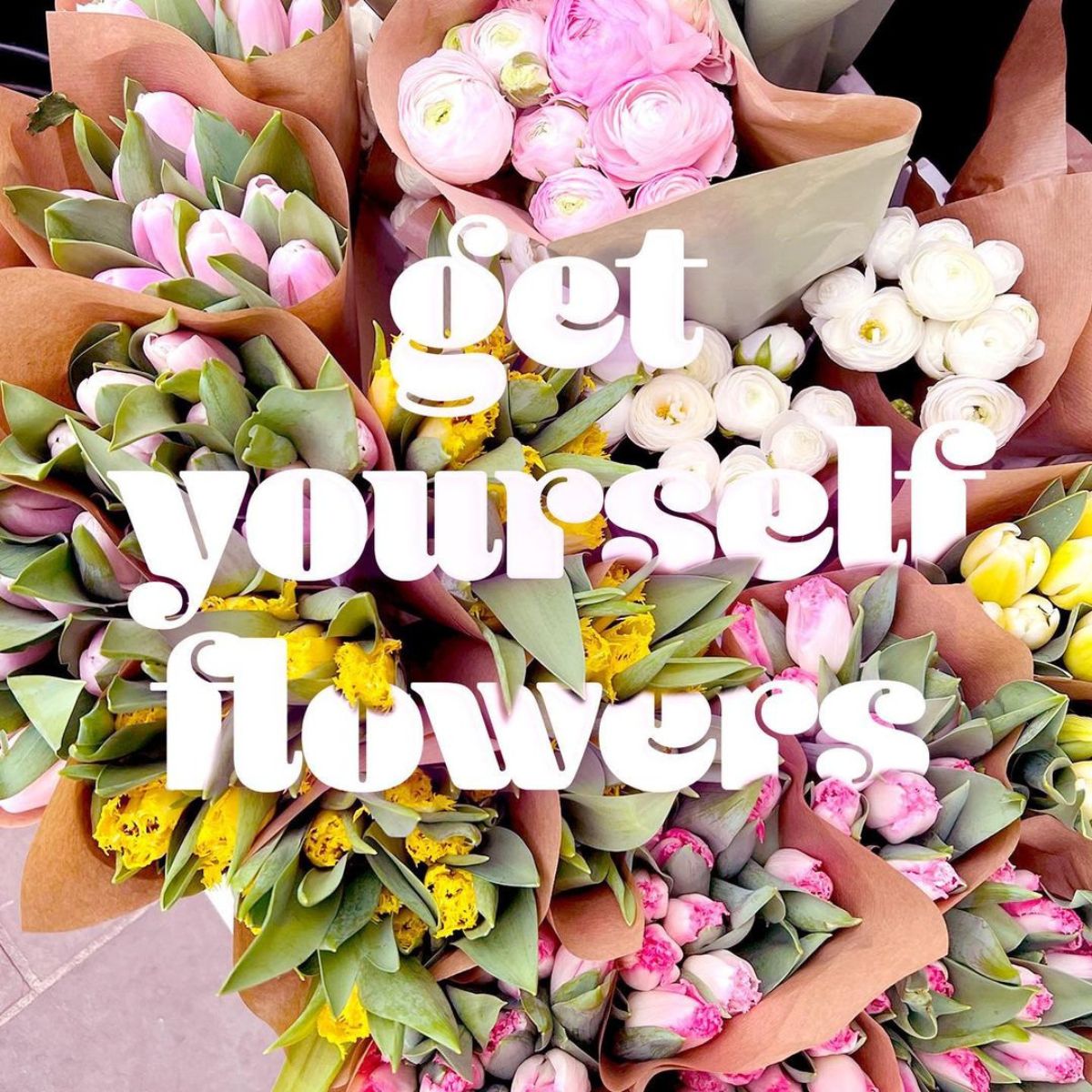
Uplifting Our Vision Into Embracing Sustainability Holistically
So, let us not only break free from the confines of the carbon tunnel vision and from embracing a more holistic understanding of sustainability. We have to change the story. By acknowledging the broader range of challenges we face and working towards the Sustainable Development Goals, we know we can create a more resilient and equitable future.
Together, we have the power to shape a world that values not only carbon reduction but also ecological health, social well-being, and economic prosperity. By nurturing the beauty of flowers and plants and recognizing their potential to address multiple sustainability challenges, we can pave the way for a brighter and more sustainable future for all.
I'd like to end this post by saying that I think as an industry our main message should be one that says:
Flowers and Plants Are Good for You.
Featured image by Filipe Delgado on Pexels, Header image by Daisa TJ on Pexels.


